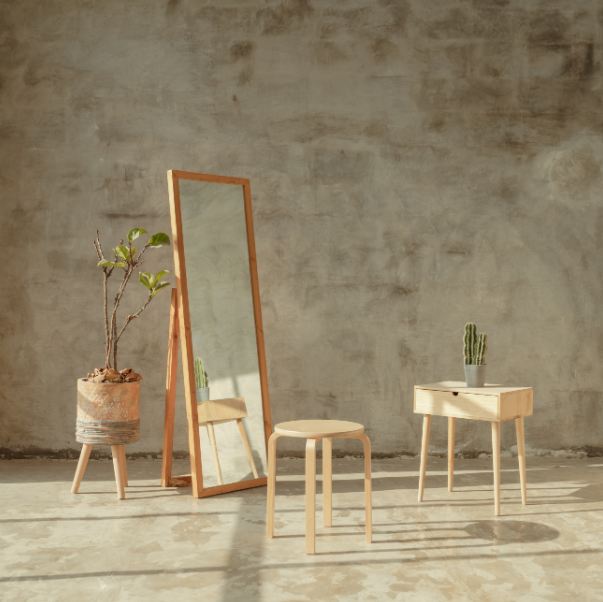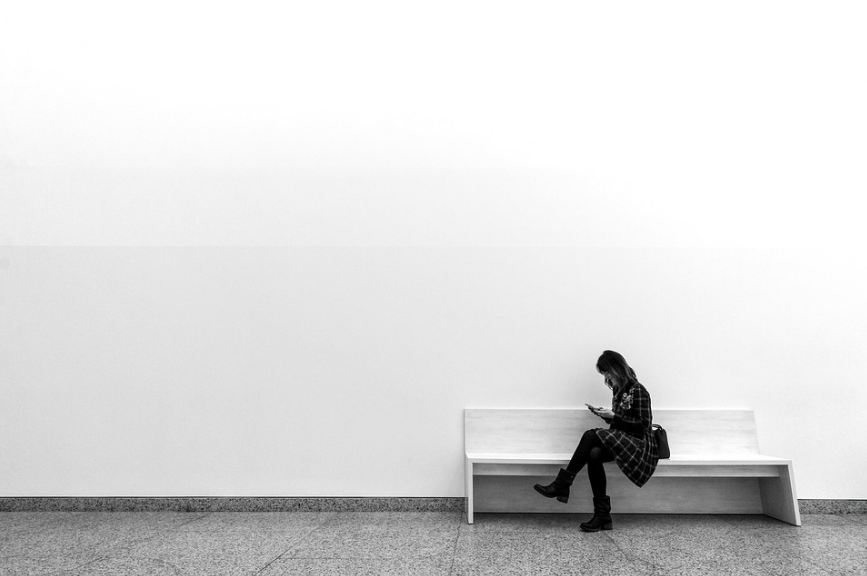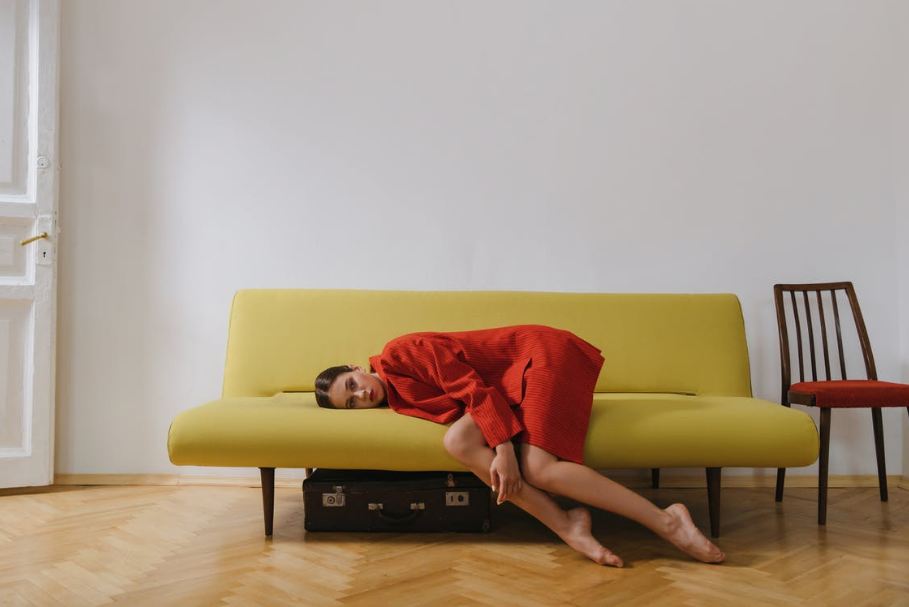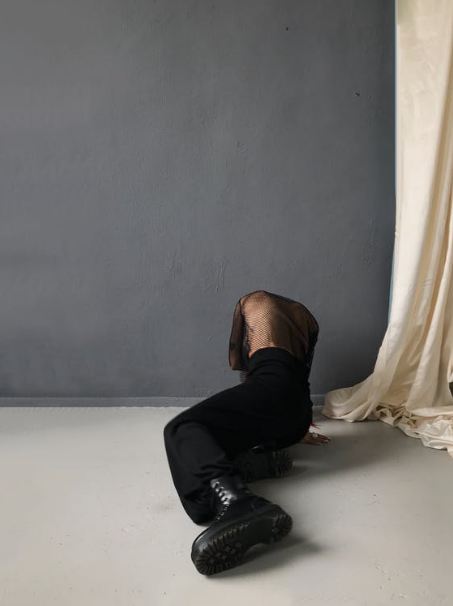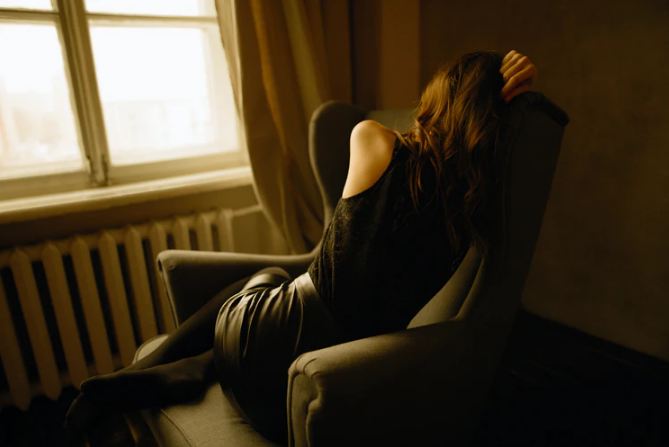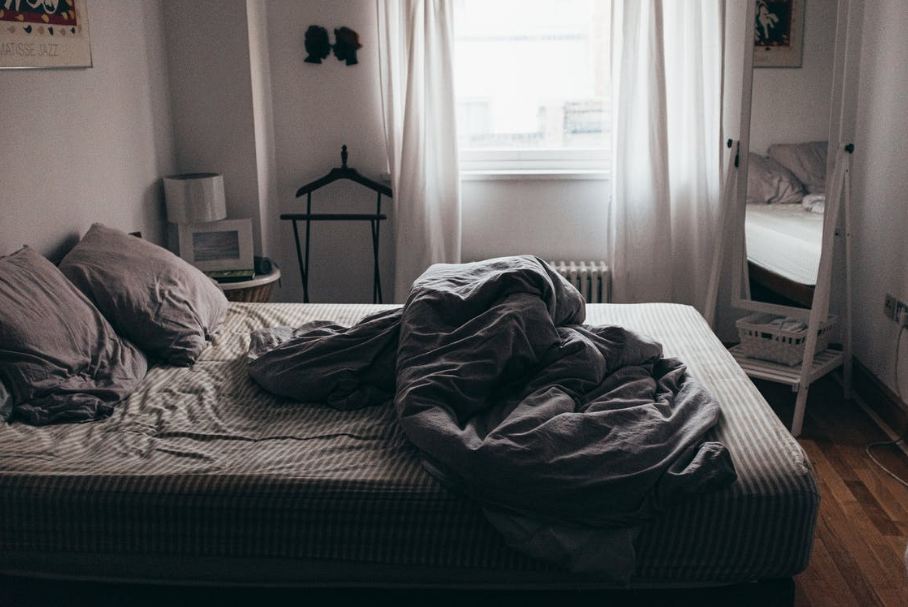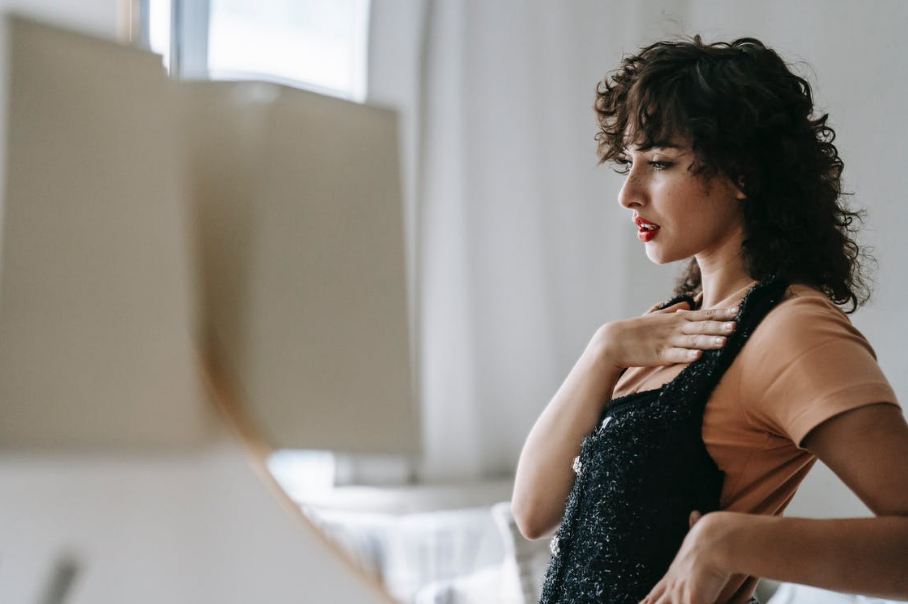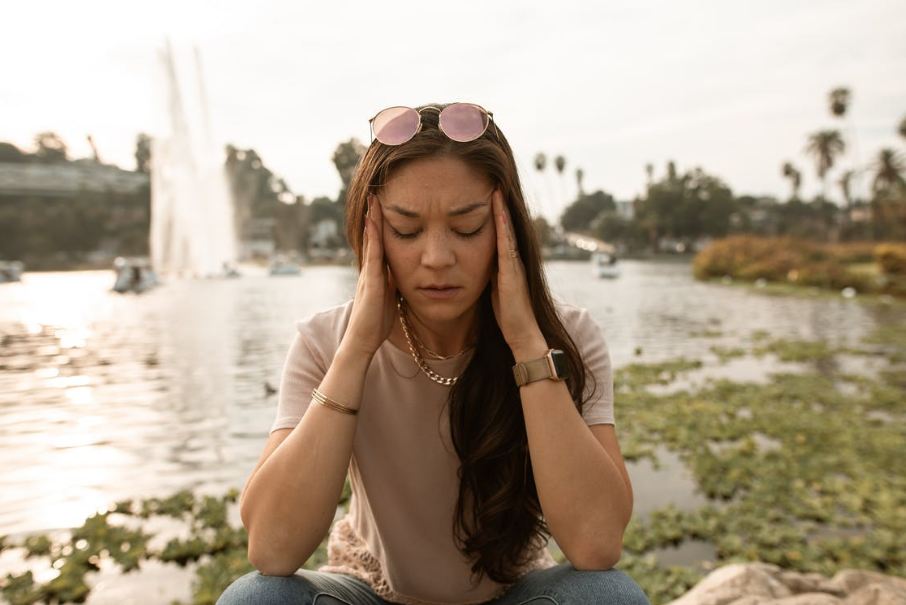We all have possessions that we love and are attached to. They are a vital part of our lives – be it a fountain pen or a beautiful evening gown, we all own stuff that we can emotionally relate to. But what if someone asks us to part ways with our belongings? What if someone tells us that we need to cut down on a bunch of extra spending so that we can live more debt and carefree?
What is Minimalism?
When you read about decluttering stuff and living with the necessities only to bring peace in your lives, a term, minimalism, might pop up in your mind. Now, to anyone knowing about minimalism superficially might give you the wrong information about what this term means. Minimalism is not about not owning anything or not having any emotional ties with your owned stuff.
Minimalism is a lifestyle that promotes simplicity. It implies that while you do develop a bond with your stuff, you do that only with the ones you necessarily need. Adopting a minimalistic lifestyle is all about eliminating unnecessary possessions to make room for more necessary ones.
This focal point makes a minimalistic have a deeper and meaningful relationship with the stuff they own. So, it simply straightens out all the misinformation about minimalists having no connection with their things. This type of lifestyle wherein you own, say, five pair of pants instead of a dozen, lets you care more deeply about those pairs you own. It makes you less stressed about how you have never regretted having a pair of pants you hardly wore in years.
Are There Any Drawbacks of Minimalism?
Although the biggest advantage of a minimalistic lifestyle is stressing less about the hoard of things cluttering your space and having peace of mind knowing that you do not own more than you need, it does have some drawbacks. People seldom talk about the drawbacks because the world has gradually become intolerant towards listening to the pros and cons of a new evolving concept. It might be because minimalism is trending on social media and, God forbid if someone opposes the social media (pun intended).
Drawbacks of Minimalism
1. The Transition is Quite Tough
Besides all the discussions and reading about adopting a minimalistic lifestyle, the actual transition from materialism to minimalism is quite hard. No matter how unnecessary they are, it is very difficult to let off your possessions. We are used to a certain routine revolving around things at home, such as using an electric egg boiler instead of just letting it boil in a pot on the stove.
Turning to a minimalistic lifestyle is not a one-day journey. Small, gradual, and consistent steps towards letting go of things can make the transition a little better.
2. Fear of Missing Out
This fear of missing out, or FOMO, is the worst drawback of minimalism. It kills the person from inside and might as well result in a relapse. It is a fear that lets you believe that you are missing out on things. Leading a minimalistic lifestyle can ignite such feelings very frequently.
You might see a lavish kitchen with a beautiful coffee table and see how happy children of the family have gathered around it, coloring and having family time, and get this strong sense of incompleteness about your kitchen. Even though you might have a big dining table in the room for family dinners and activities, you might start to long about having a small coffee table in the kitchen too.
3. Gradually Becoming Socially Acceptable
Although minimalism has risen to the top lifestyle and home organizing trends, it is still frowned upon. People assume that you are a miser and does not like to spend on your family. It might take a lot of time for people around you to stop bugging you about minimalism, so if you are a person who puts more thought into what others think about you, you might need more strength before adopting this lifestyle.
4. Minimalism and Durability of the Stuff
Minimalism is all about spending less and curbing the necessary expenditure. But what no one talks about is how minimalism can sometimes make you spend more money than usual. When you have a lesser number of things, you get attached to them too much and, of course, get to use them much more too. Owning 10 bedsheets instead of 50 makes you rely on those 10 more. You wash them and reuse them frequently, and hence, the durability of the fabric is stretched out to the max.
This results in buying more sheets sooner than usual and going for the pricey ones so that they are of high-quality. And this is how minimalism becomes more expensive on the pocket.
5. Lack of Multiple Items
Minimalism discourages the concept of thrashing so many things just so you might need them in case. This creates unnecessary clutter for an unforeseeable future. However, sometimes you should have some things in the backup. For instance, you have decided to reuse and recycle all the baby clothes and accessories. You have restricted to buying only one baby snot sucker because if one can do the job, then why get the extras?
However, this is where you encounter a major drawback of true minimalism – your snot sucker is lost, and now your baby has a cold and needs it. This is when you wished you had bought an extra, just in case.
6. Prepping is challenged
Minimalism also asserts how we should stop blocking our money by not buying in bulk. You buy a whole month of grocery items and some in bulk so that you do not have to run to the store to get things before prepping for food. This is an excellent strategy for saving time and money (unless you live right next to the store). Nevertheless, this concept is not encouraged in minimalism.
If you strictly adapt to this lifestyle, you should be prepared to run for things last minute if you do not stock them up. This is a downside to true minimalism as it is not always easy – time and money-wise – to run to the store every time something is finished.
7. Maintaining Too Much
Minimalism focuses on maintaining things until the thing in question is not working. That is so not the case all the time. Often, you have a perfectly functioning appliance, but you come to know of the latest model that offers a lot of additional functions. What do you do? If you are by the strict rules of minimalism, you should not buy the new one as the one you have is working perfectly fine.
Minimalism shouldn’t be a Competition
There is no right or wrong when it comes to the life choices you make for your family and loved ones. Therefore, there should be no comparison and boosting of how much more minimalistic you are than the others. It is not a competition or a race. Minimalism is a lifestyle, and if it rings well with you, you should go for it. Get the clutter out without making it a competition about who has fewer possessions than whom.
If you have a knack for this kind of lifestyle and it works for your family, then great, but there is no need to ridicule anyone about their choices. Minimalism is about achieving mental peace with fewer strings attached to the so-called worldly standards.

